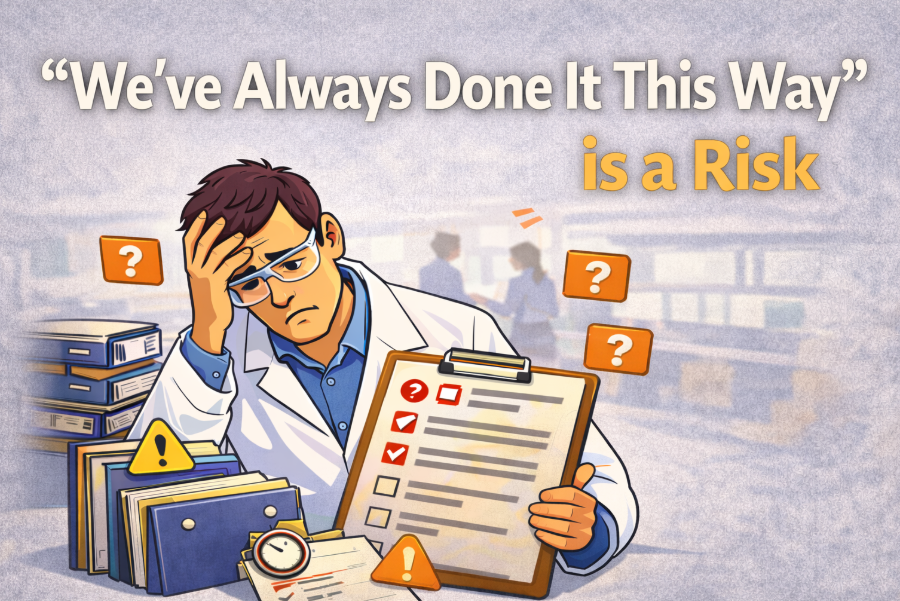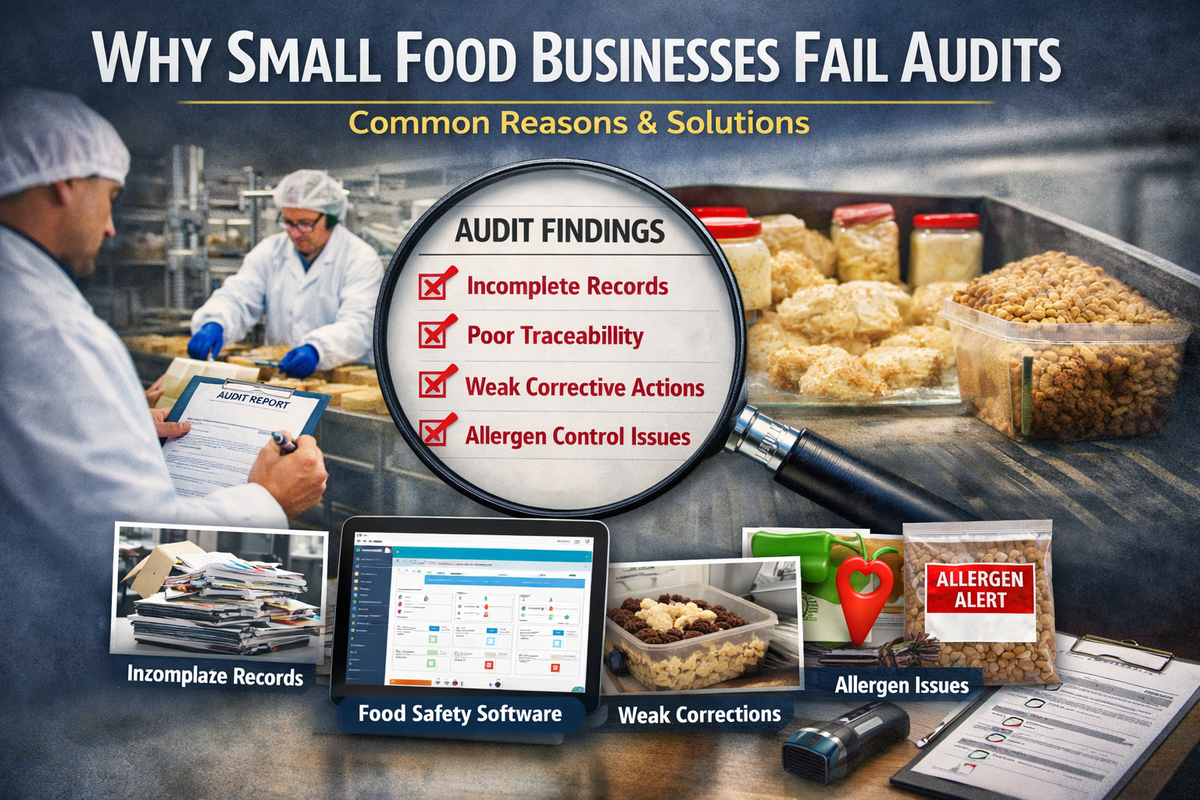In today's fast-paced world, food safety is of utmost importance. Consumers have become increasingly aware of the risks associated with foodborne illnesses and demand higher safety standards from the food industry. With this in mind, the importance of food safety software cannot be overstated. It's a tool that helps food businesses cut costs while improving quality. This blog post will delve into the impact of food safety software and how it can benefit the food industry.
1. Improved Inventory Management
Food safety software comes with features that can help businesses manage their inventory better. It can help them track the expiry dates of the products and also manage stock levels. This can help reduce waste and lower costs as businesses are more informed about the stock they have on hand. Companies can also avoid fines for selling expired or contaminated products, which in turn boosts their reputation.
2. Easier Compliance with Regulations
Regulatory compliance is crucial in the food industry. It can be a daunting task for businesses to keep up with the changing regulations, but food safety software can simplify the process. The software can help with food safety protocols, record keeping, and audits. It can also help businesses stay up-to-date with regulatory changes and be proactive in implementing them, ensuring compliance and reduced legal risks.
3. Enhanced Traceability
One of the critical benefits of food safety software is enhanced traceability. It's easy for businesses to track products from the point of origin to the end consumer using the software. This is particularly important when there is a recall because it helps identify the source of the problem and prevent further contamination. It also helps businesses avoid the cost and reputation hit of a recall.
4. Better Communication
Effective communication is essential for any business. Food safety software can help with communication between different departments within an organization, allowing for real-time sharing of critical data. This helps coordinate the business' efforts towards food safety, problem-solving, and reducing errors. The software can also help connect suppliers and customers with vital data, reducing delays and improving transparency.
5. Improved Product Quality
By implementing food safety software, businesses ensure that only quality products reach the market. It helps them streamline their production processes and ensure that the production process follows food safety regulations. This leads to better product quality, resulting in increased sales and repeat customers. The software can also help with quality control by providing real-time insights into production processes and allowing for rapid intervention if deviations occur.
In conclusion, food safety software provides businesses with the tools they need to reduce costs and boost quality. It helps businesses comply with changing regulations, manage inventory, enhance traceability, improve communication, and ensure better product quality. As a result, businesses can improve their bottom line, protect their reputation, and ensure that only safe and quality products reach the market. Investing in food safety software is a smart decision for any business operating in the food industry.







